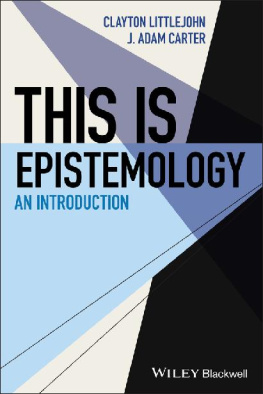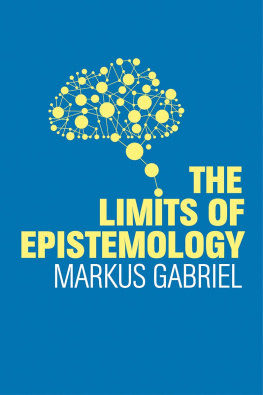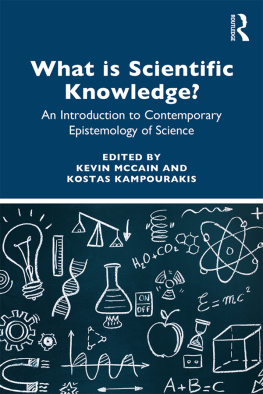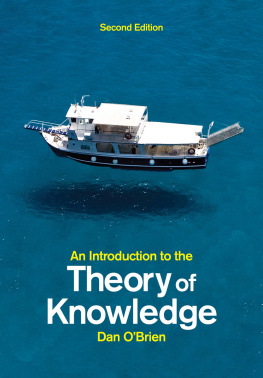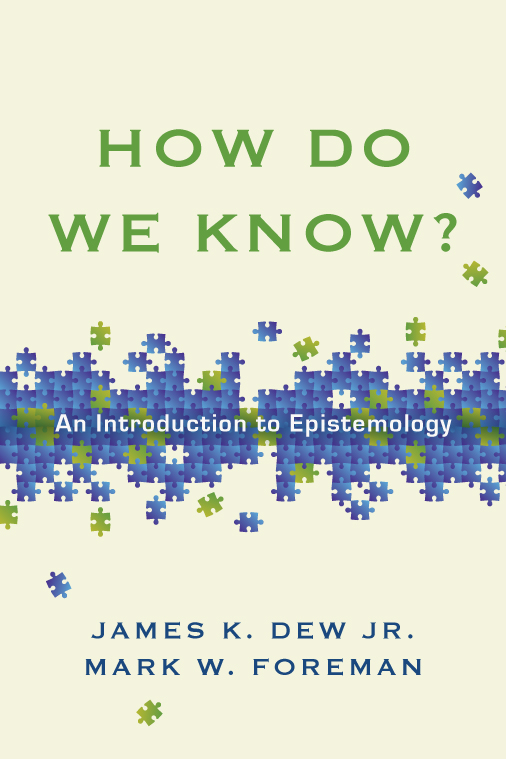InterVarsity Press
P.O. Box 1400,
Downers Grove, IL 60515-1426
World Wide Web: www.ivpress.com
Email:
2014 by James K. Dew Jr. and Mark W. Foreman
All rights reserved. No part of this book may be reproduced in any form without written permission from InterVarsity Press.
InterVarsity Pressis the book-publishing division of InterVarsity Christian Fellowship/USA, a movement of students and faculty active on campus at hundreds of universities, colleges and schools of nursing in the United States of America, and a member movement of the International Fellowship of Evangelical Students. For information about local and regional activities, write Public Relations Dept., InterVarsity Christian Fellowship/USA, 6400 Schroeder Rd., P.O. Box 7895, Madison, WI 53707-7895, or visit the IVCF website at www.intervarsity.org .
All Scripture quotations, unless otherwise indicated, are taken from the New King James Version. Copyright 1982 by Thomas Nelson, Inc. Used by permission. All rights reserved.
Cover design: Cindy Kiple
Image: puzzle piece background:Liangpv/iStockphoto
ISBN 978-0-8308-9659-2 (digital)
ISBN 978-0-8308-4036-6 (print)
Contents
Preface
Epistemology is a branch of philosophy that deals with the nature of our knowledge. And while it is something that philosophers normally deal with, it holds major importance for all aspects of human life. When scientists, for example, make a discovery, they employ a particular epistemological method that helps them make discoveries. When theologians formulate doctrinal statements, they do so by relying on a particular source of information. Likewise, when prosecutors argue the guilt of someone who committed a particular crime, they rely on certain kinds of evidence and make a certain kind of inference. All of these disciplines, and many more, make epistemological assumptions. But this is not all. Even apart from these disciplines, normal people do the same thing on a daily basis. When we develop a belief by listening to a persons testimony, seeing something with our eyes or recognizing that two statements are contradictory, we are operating on certain important epistemological assumptions. In the end, we all take epistemological positions on things, even if we do not realize it. Therefore, this branch of philosophy requires proper attention.
This book is an introduction to epistemology that is written from a Christian perspective. It began several years ago with a conversation between its authors about the difficulty our students have with this particular branch of philosophy. There are, of course, good introductions to epistemology, and we find them helpful for various purposes. Yet, many of these volumes are too technical or too focused on a specific topic for beginning philosophy students. Therefore, we have tried to write an introduction that covers the major issues in epistemology while also making the discussion as accessible as possible. We hope that students will find it beneficial.
Many people have helped us think through these issues. We would like to thank our friends and colleagues for their constant encouragement and stimulation on these matters. We especially thank Bruce Little, Greg Welty, Jeremy Evans, Rich Holland, Gary Habermas, Dave Beck, Dave Baggett, Thom Provenzola, Mike Jones, Ed Martin and Craig Hinkson for many helpful conversations on these issues. Likewise, the two blind reviewers of this volume offered comments that helped us sharpen the focus of the book, and we wish to thank them for their time and attention to our work. We would also like to thank Tara Dew, Wesley Davey, Carrie Pickelsimer and Billie Goodenough for their gracious help in editing the manuscript of this book. They have given countless hours to reading and rereading the manuscript in preparation for printing, and we are most grateful for them. Finally, we would like to thank David Congdon and the entire editorial board at InterVarsity Press for encouragement and support on this project. This book would not be possible without the help of these individuals. May God continue to bless each one of them for years to come!
James K. Dew Jr.
Mark W. Foreman
June 28, 2013
1
What Is Epistemology?
How do we know what we know? This is the basic question that undergirds the discipline of epistemology. We take it for granted that we know many different things, but we rarely ask this basic question about our knowledge. In fact, most people assume that intellectual questions like these are unimportant and have a great aversion to pursuing them. Yet, because we make errors in judgment that are often costly to us, this is the kind of question that we should take seriously. This is especially true regarding the big choices in life.
This book recognizes the importance of asking these kinds of questions and offers an introductory treatment of the basic questions and issues in epistemology. It is designed for those who have no background in philosophy and lack familiarity with these issues. In this chapter, we deal with preliminary issues and make a case for the importance of epistemology. In the remainder of the book, we offer a brief sketch of the major epistemological issues.
What Is Epistemology, and Why Do We Need It?
Philosophy is a discipline that addresses a range of important intellectual questions. For example, some philosophers pursue a branch of philosophy called metaphysics which examines ultimate reality by considering things like the nature of time, freedom, essences, God and the soul, to name just a few. Ethics is a discipline of philosophy that examines morality and human actions. Here, philosophers debate peoples actions and moral systems. In contrast to these areas of philosophy, epistemology is a branch of philosophy that deals with the nature and sources of knowledge and develops a theory of knowledge. As such, epistemology is referred to as the study of knowledge. Within this field, philosophers might ask the following kinds of questions:
- What does it mean to say that we know something?
- How do we come to know various things?
- What is truth, and how do we find it?
- What does it mean to have epistemic justification, and is this necessary?
- What are epistemological virtues, and are they helpful for us?
- How reliable are our perceptions?
- Can we have certainty?
These, along with other important questions, represent the kind of things we will look at in this book. We will say a bit more about these questions shortly.
Before we do that, however, we should consider why epistemology is important and why we should give it any attention. For some people, it seems foolish or even arrogant to ask epistemological questions. There is a sense in which this is understandable. After all, most people go through life gaining knowledge about all kinds of things without exploring these kinds of questions. Perhaps, they say, asking epistemic questions is a waste of time and mental energy. And, they might say, philosophers who raise such questions solve no puzzles and only create more intellectual problems.
To these concerns, we offer two kinds of response. First, it is unnatural and unfruitful to avoid epistemological questions. That is, we by our nature as human beings long for knowledge and depend on it for all aspects of life, such that not asking these kinds of questions cuts off natural and needed intellectual growth. Consider, for example, the way a child seeks after knowledge. Children have an unquenchable thirst for understanding about their world. I (Dew) happen to have, by Gods good favor, four beautiful children. Watching them grow up is fascinating. They learn to eat, crawl, walk, ride bikes, and much more. But most fun of all, they learn how to think. And when this begins to happen, our conversations explode with questions. As a father, I am daily bombarded with questions about trivial things like the following:



